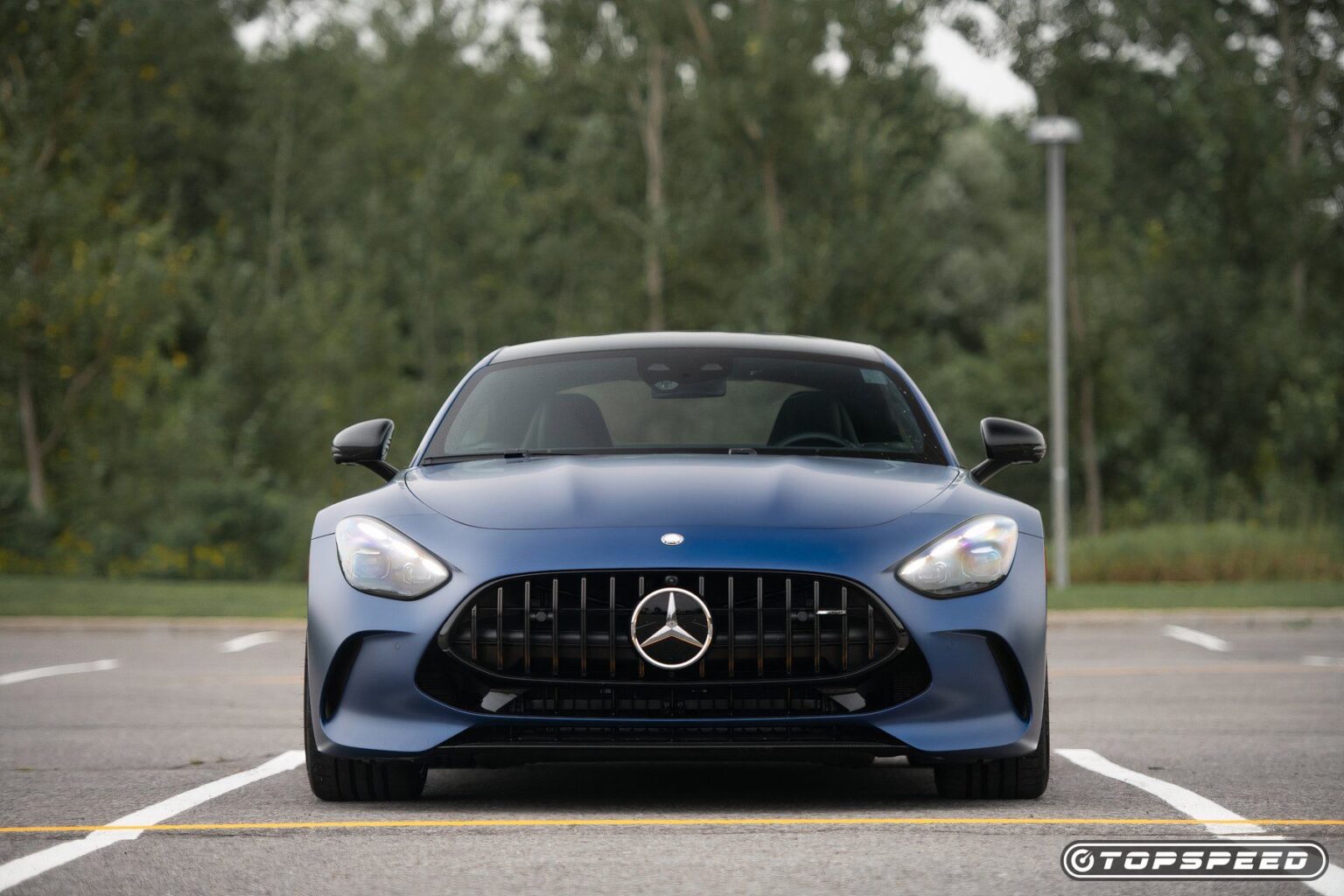Like in the U.S. and Canada, the European Union (EU) is about to impose tariffs on Chinese-built vehicles in an attempt to protect its auto industry. The tariffs could climb as high as 45 percent. The European Commission has sent its proposal to the EU’s 27 member states ahead of the vote.
The commission will be able to impose the tariffs for the next five years, unless a qualified majority of 15 EU countries representing 65 percent of the population votes against it. France, Italy, Poland and Greece have already signaled their intention to vote in favor of these tariffs, representing 39 percent of the EU’s population. But there’s still one important player in Europe’s automotive industry that remains against the tariffs, and that’s Germany. But why?
The German Auto Industry Fears Backlash From China
When the EU originally announced its intentions to also impose tariffs on vehicles built in China, German Chancellor Olaf Scholz immediately voiced his concerns about such actions. He warned that the tariffs could lead to a trade war with China and seriously hinder the German auto industry.
Scholz reminded the Commission that German automakers such as Volkswagen and BMW have collectively sold a little over 4.6 million cars in China in 2022. For Mercedes-Benz, the Chinese market accounts for 36 percent of its total sales. But we also recently discovered that the Chinese people aren’t as interested in foreign cars as they once were, which has had a deep impact on German brands. Porsche sales in China fell 33 percent in the first quarter of this year.
The Commission reiterates that European registrations of Chinese-built electric vehicles (EVs) rose from 3.5 percent in 2020 to 27.2 percent in the second quarter of 2024. The market share for Chinese car brands increased from 1.9 percent to 14.1 percent. China produces, on average, 3 million EVs per year. That’s twice the size of the European market. But Germany persists and continues to oppose these tariffs for fear of losing market share in China. From Germany’s finance minister, Christian Lindner:
A trade war with China would do us more harm than good for a key European industry and a crucial sector in Germany.
BMW And Mercedes-Benz Are Also Against Tariffs
In a recent report from Automotive News Europe, we learned that BMW is urging the German government to hold its ground on tariffs and to vote against them. BMW’s CEO, OIiver Zipse, argues that additional tariffs could harm active companies in China and could provoke a trade dispute where nobody wins.
And this is not just coming from BMW. Mercedes-Benz and Volkswagen are also rejecting the tariffs for fear that it could threaten sales in their biggest car market if China retaliates. Both Mercedes-Benz CEO Ola Kallenius and the Volkswagen group’s CEO Oliver Blume have voiced their concerns about a potential trade war with China.
As a response, the European Commission said it is willing to continue negotiating alternative solutions. The possibility of imposing minimum import prices that are calculated on criteria such as range, battery performance and the size of an EV is not out of the question.
TopSpeed’s Take
As we’re discovering here in the U.S. and Canada, tariffs or not, the Chinese auto industry will still find its way in. These tariffs are just a way to buy time for the North American and European auto industries as they ramp up EV production to become truly competitive.
I tend to be on the German auto industry’s side on this one. I firmly believe that tariffs will just aggravate China, a market that’s still buying foreign vehicles. European automakers have also erected factories in China, and struck deals with local suppliers and even carmakers. The arrival of more affordable and more competitive Chinese-built EVs on European soil should rather serve as a way to stimulate competition and force established carmakers to adapt accordingly.
Read the full article here


